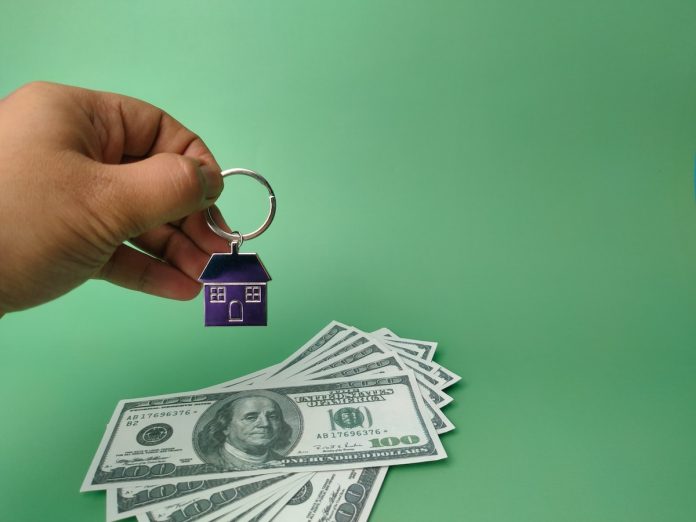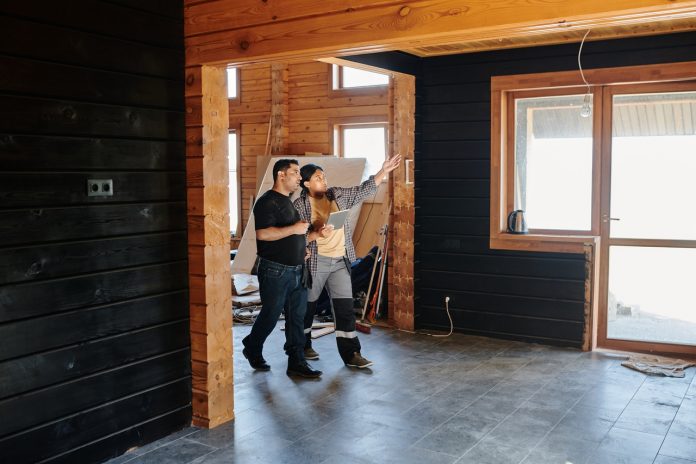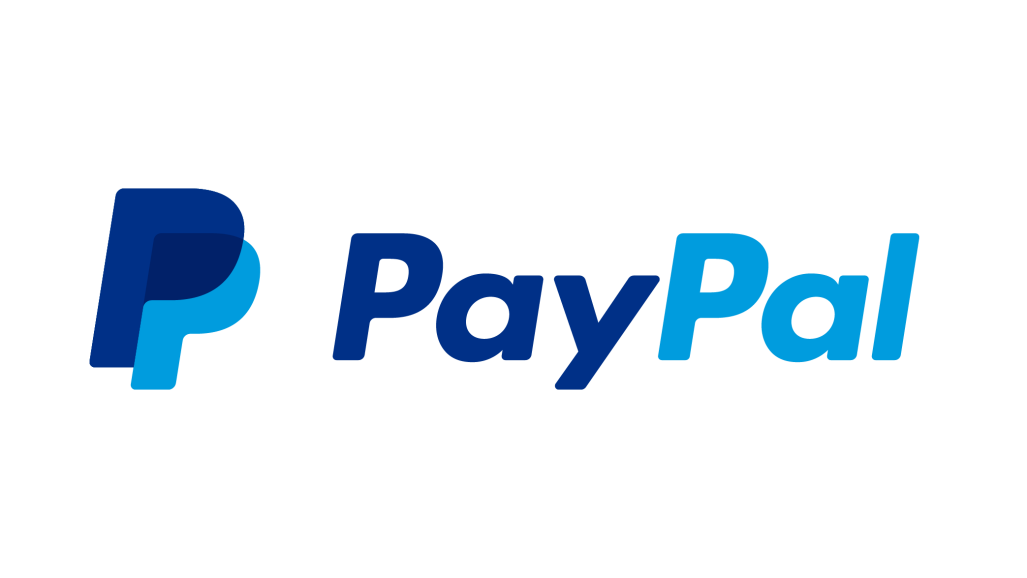5 Costs to Be Aware of When Selling Your House
When selling your house, it’s natural to only think about how much money you’ll make from the sale. Less of your focus can be on how much you’ll need to pay to sell your house, especially since it’s an asset worth money that you’re parting with. However, there can be costs to be aware of when selling your house, and it’s essential to be aware of them to ensure you can meet those financial obligations. Before you put that ‘sold’ sign up, set money aside to cover some of the following costs.
1. Real Estate Commission
When you start questioning how you’ll get paid when selling your house, your mind might ponder how much you’ll also need to set aside for real estate commissions. Realtor fees are not something you need to worry about when you sell your home to a professional buyer, but they must factor into your budget when you sell through a real estate company. The average realtor fee in the United States is 5.66% of the sale price. If you sell your property for $250,000, you would typically need to set aside $14,150 to pay your realtor.

2. Closing Costs
Closing costs typically involve tying up loose ends. While many closing costs are the buyer’s responsibility, you might also be required to cover some. Sometimes, closing fees are negotiated between the buyer and seller, with the seller agreeing to cover the buyer’s costs. Even if that’s not the case, you’ll often need to pay for any outstanding HOA fees, title insurance, an escrow and brokerage fee, and property and transfer taxes.
3. Your Mortgage
If you owned your home with a mortgage, that significant expense remains when selling your property. You will need to use the proceeds of your property sale to clear your remaining mortgage balance. In most situations, the mortgage balance is lower than the money you received for your home, which means you can have a higher deposit amount to put toward another property in the future.
4. Utilities
Many people move out of their homes before selling them or are tasked with selling a deceased estate. Even though no one lives on the property, you’ll still need to keep utilities like power and water functional, so prospective purchasers can ensure everything is working. Keep money aside to cover water, heating, air conditioning, and lighting costs, which may be payable each month until you sell.

5. Repairs
Most potential new homeowners don’t want any surprises, so they enlist the services of home inspectors to pick up any costly problems before they purchase their new home. Sometimes, buyers are happy to take care of any maintenance requirements identified in inspection reports, but other times, they make their offer subject to the seller taking care of them.
If you’re eager to close a deal and move on, you might decide to take care of repairs and enjoy a straightforward sales process. As a result, setting aside money for repairs can be crucial to ensure you’re able to meet your end of the deal.
Sellers typically have fewer costs to cover than buyers, but that doesn’t mean they don’t have any costs. So set money aside for these expenses above, and you might enjoy a stress-free sale without worrying about finding extra funds.





